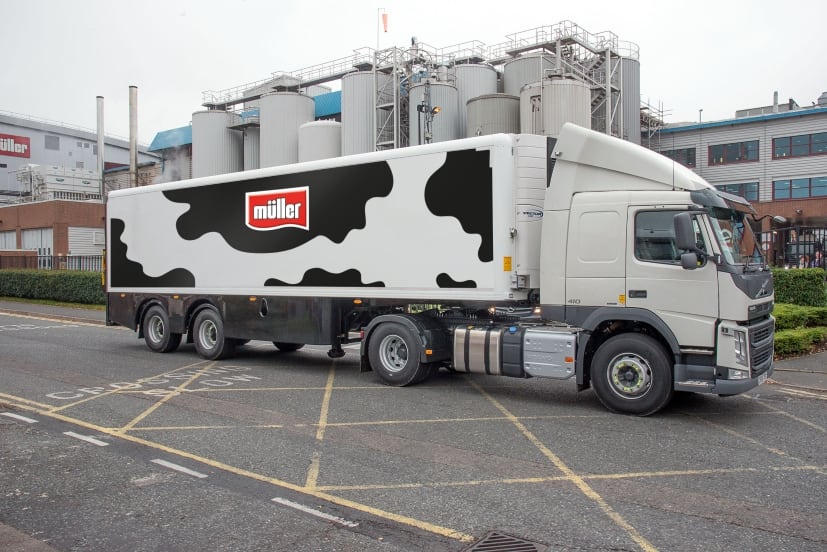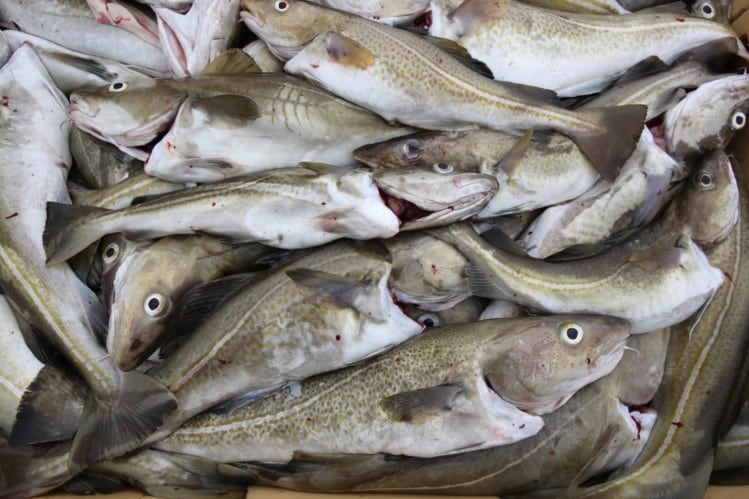Speaking at the SAMW annual conference in Glasgow last week (27 April 2019), McGowan outlined how the Government should be supporting the industry.
“The Scottish Government must create structures that can support our industry in many different ways – not just through funding initiatives, which tend to attract all the headlines, but also through better research and development programmes that result in new management techniques and systems being quickly applied on-farm. We also need excellent promotion and marketing assistance to take our industry forward in the face of the many challenges that lie ahead.”
SAMW leadership
The new SAMW president is Andy McGowan who is supply chain manager at Quality Pork Ltd, which runs the Brechin pigmeat plant. The new senior vice president is Billy Stewart, group trading manager with AK Stoddart, Broxburn and Ayr. New junior vice president is John McMaster, who is technical manager at ABP Perth.
Areas that the SAMW earmarked as being in need of Government support included restoring livestock numbers, a successor to the Food Processing and Marketing Grants Scheme, and tackling inefficiencies in regulation enforcement, including more collaboration between Food Standards Scotland and the Animal and Plant Health Agency.
Pig success
McGowan did praise the Scottish Government for its support of the domestic pig industry, but said it needed to be translated to other sectors. “I am encouraged by the 15% growth recorded last year in the country’s pig breeding herd. Much of that growth was due to support from Government that ensured the right processing and marketing structures were put in place to encourage pig farmers to produce better quality stock – and in greater volumes. This was all done with commercial results firmly in our sights, backed by great support from this Government. This deserves our recognition and thanks.
“We desperately need a similar degree of imagination and commitment from Government and industry in relation to cattle and sheep production volumes. We’ve had initiatives in the past, which have looked promising at the time, such as the Calf Support and Beef Efficiency Schemes, but the reality is that these schemes have proved to be ineffective in reversing Scotland’s falling stock numbers.”
Cost-sharing
McGowan added that other food industries should be sharing the financial burden that the meat industry had to fork out for. “There needs to be more equitable sharing of regulatory costs between the meat sector and other food producers, processors and manufacturers. After all, we are all competing for the attention and custom of the consumer.
“A report produced by the University of Leicester established that bagged salad is the second most common source of food-borne illness. As recently as 2016, over 160 people fell ill in the UK from eating mixed salad leaves, with tragically two of those people affected actually dying as a result. Yet the salad industry pays nothing whatsoever towards the delivery of its regulatory controls.
“It’s the same with the production of alternative or non-meat food products. Businesses in these sectors also pay absolutely nothing for regulatory enforcement – and yet they operate in exactly the same market as we do.
“The regulatory costs picked up by fish processors aren’t much better, representing about 1/20th of the cost per kilo of the regulation charge that is applied to the meat industry.
“We are also competing with them for the same customers, yet start with a commercial disadvantage. It’s high time Government and FSS [Food Standards Scotland] acted to ensure a level playing field exists for the recovery of official control costs in every part of the food supply chain.”




